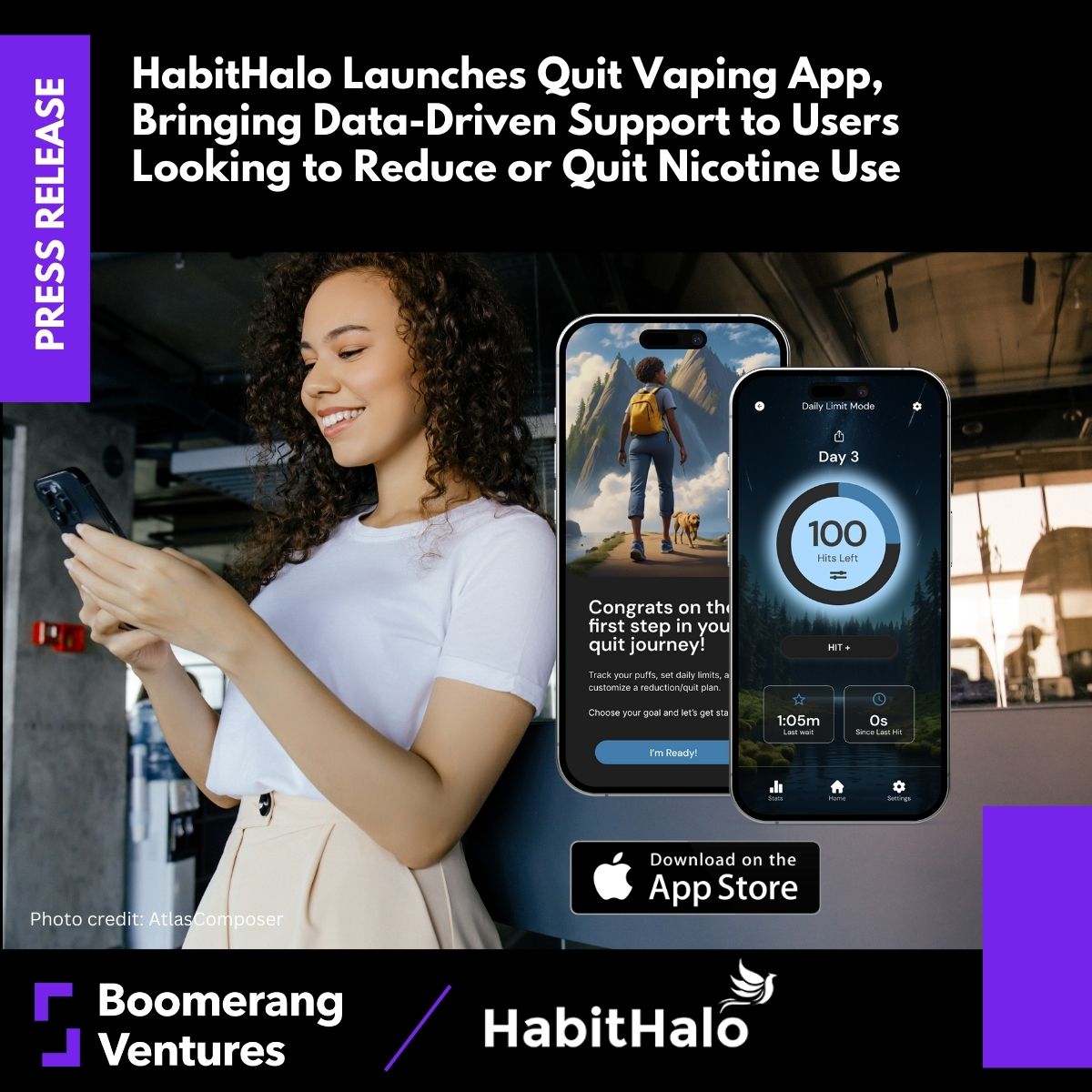Source: The Statehouse File
Earlier this month, Gov. Eric J. Holcomb presented awards in coordination with the U.S. Small Business Administration’s National Small Business Week, honoring the achievements of Indiana entrepreneurs and small businesses.
Eight Hoosier individuals and organizations were recognized, including Primary Record, which was named Small Business of the Year. According to its website, “Primary Record is an app designed for families to have one secure place to organize, collaborate and share your family’s health story—making it easier for families to access their health information when needed most.”
TheStatehouseFile had a conversation with Jean Ross, one of the founders of Primary Record, highlighting the challenges and opportunities of starting and running a small business as well as the potential of technology to improve health care.
Here is that conversation, edited for length and clarity:
TheStatehouseFile: Can you explain what your business is?
Jean Ross: So, our business is helping families simplify health information so they can get better care. And what that means is: Things have changed a lot in our health-care system, and families are often the ones that have to relay their health story to the nurses and doctors. So, our product is helping families have a place to dump all the information about them related to their health so that in those moments when they need to share it, they can share quickly and get the best care possible.
How did you come up with the name Primary Record?
Jim McIntosh [the other co-founder] is actually my neighbor, and he was very connected to the tech community, and so when we were hemming and hawing over a name for this, he actually reached out to his network and we worked with Innovate Map, who sat down and learned, like, the problem we’re tackling and what’s at the core of what we’re doing. And so that [name] was one of the selections and it really stuck because it’s really your primary help you get through the health-care system.
How did the idea of making Primary Record begin?
I worked in critical care but actually fell in love with dementia—like people that were living with dementia—and saw how challenging it was in our community. So, for six years, I ran a care coordination business, and loved it. … That was the first time I realized families don’t always know their health story.
So, before I can even do any kind of advocacy or get that older adult the best care, the families would entrust me to … look through claims data and talk to their doctors, and I would pull together all of this information so that as we travel, you know, point to point in health care, I can help that family tell that story. …
But the problem was I was like $75 an hour and not every family can afford that. So, Jim has been instrumental in helping be my co-founder to take what I learned there and make it into technology that could scale to any family that needed help.
How long did it take from your initial thought to you actually releasing your app?
Jim and I signed paperwork to start a business in July of 2020. The app launched to say a date would be December of 2023. So it took us three years of really digging and understanding the problem to make sure we’re solving a problem and building technology around it.
Who are the members of Primary Record?
So another founding member, you know, Jim and I are on the paperwork as the co-founders, but another founding member is Dr. Christian Ross. He’s an emergency physician who has seen this problem over and over and has tried to solve bigger networks, but no one seems to want to solve this for the family. And so he’s there, working with us and helping us, making sure the information and how we’re sharing it with doctors is super helpful.
Where is your app available?
We are available to any family … For anyone that wants to start, we’re a web-based application. So you have to find us at primaryrecord.com.
What would you say is the hardest part about running a business?
I think especially at the small-business level, the hardest part is all the hats that you must wear. … You have to be scrappy and super focused because your time is so limited. And until you kind of prove and get a little bit bigger, you’re gonna wear all those hats and you’re gonna have to learn how to prioritize and focus.
You know who your customers are and what you’re trying to accomplish. So being very clear on your mission and your why. And then basically then who is your customer serving and what can you do best today for them. Those are lessons that I’ve learned.
What are your goals for your business?
So a big goal of ours, which a lot of people aren’t aware of is, you know, we’ve been working with families creating this tool for them, but we’re now building a platform that’s going to help bring this product to small businesses that are taking care of those families in the community.
So, my big goal is to reach nurse advocates and care managers in our community to make them aware that we have a smart way to be able to work with families and take care of them better. My biggest goal is to reach 250 of them by the end of the year.
What advice would you give to other small businesses? Or to people who want to start a business but haven’t started?
Use your community. Use your resources. …
I definitely tell people, if you are interested in starting a small business, don’t just think about it, like go do it, go talk to people, go get involved in your community, and really see if what your idea is needed and how can you make it better with, you know, learning from your customers.
Source: The Statehouse File




